Dizziness
- Dizziness is disorientation in the space, lightheadedness, or a sense of instability. It affects your sense of balance and it can increase your risk of falling.
Table of Contents
What is dizziness?
- Dizziness can describe several various sensations. Dizziness is a disability of spatial orientation. A dizzy spell does not always indicate a life-threatening condition, but it can be unnerving. Dizziness can be associated with more severe conditions, such as a stroke or cardiovascular problems. Even on its own, though, if dizziness conducts to a fall, it can be dangerous.
- Dizziness can happen when you are moving, standing still, or lying down.
When you are dizzy, you may feel:
- Faint,
- Lightheaded,
- Nauseous,
- Unsteady,
- Woozy.
What is the difference between dizziness and vertigo?
- Intense vertigo can make you nauseous or so unsteady you can not drive or walk.
It feels such as you or objects around you are:
- Floating,
- Spinning,
- Swaying,
- Tilting.
How common is dizziness?
- It is common to experience dizziness. Almost half of the people look to their healthcare provider at some point because of feeling dizzy. The older you are, the more such as you are to have this symptom.
What are the Symptoms of dizziness?
People who are dizzy may experience various sensations, involving:
- lightheadedness or faintness,
- a false sense of spinning,
- unsteadiness,
- a loss of balance,
- a feeling of floating.
Often, dizziness is accompanied by nausea, vomiting, or fainting. Seek emergency medical assistance if you have these symptoms for extended periods.
What causes dizziness?
- A number of conditions can cause dizziness because balance includes several parts of the body.
The brain acquires input about movement and your body’s position from your:
- Inner ear,
- Eyes,
- Muscles,
- Joints,
- Skin.
- Inner ear disorders are recurrently the cause of feeling dizzy. The most common causes involve benign paroxysmal positional vertigo (BPPV), Meniere’s syndrome, and ear contaminations.
Benign paroxysmal positional vertigo (BPPV)
- Benign paroxysmal positional vertigo (BPPV) creates you dizzy when you change your head or body position (such as bending over). It commonly only lasts a few seconds or minutes. This harmless condition happens when calcium crystals in your inner ear remove from place.
- You may have Benign paroxysmal positional vertigo (BPPV) as a result of a head injury or simply from getting older. The best news is that the treatment is easy. Your healthcare provider (doctor) can lead you through a series of simple moves, known as canalith repositioning procedure (CRP). These movements acquire the crystals back to their proper position.
Meniere’s syndrome
- Meniere’s syndrome involves having very much fluid in the inner ear. Experts are not sure why it accumulates. Anyone can develop Meniere’s, but it is most common in people ages 40 to 60.
If you have Meniere’s syndrome, you may experience:
- Hearing loss,
- Muffled or distorted hearing,
- Nausea and vomiting,
- Tinnitus (ringing in the ear).
- Meniere’s attacks commonly happen suddenly. They can last from 20 minutes to 24 (twenty-four) hours. Treatment methods involve anti-nausea and anti-vertigo medications.
Lifestyle changes may assist, too, including:
- Following a low-salt diet,
- Limiting the use of alcohol and caffeine,
- Changing medications,
- Quitting smoking.
- If your condition does not respond to simple measures, your healthcare provider (doctor) may recommend more aggressive treatments. Those involve injecting medication directly into the ear and surgery.
Ear infections
- Viral or bacterial ear contaminations can cause inflammation (irritation) in the inner ear. The inflammation interferes with the messages your inner ear makes to your brain.
- A nerve in the inner ear, the vestibulocochlear nerve, has 2 branches. Each branch communicates with the brain:
- The vestibular nerve makes signals about balance. When the vestibular nerve is inflamed, you create vestibular neuritis.
- The cochlear nerve makes signals about hearing. If inflammation also harms the cochlear nerve, you develop labyrinthitis. Labyrinthitis also causes ringing in the ears and a hearing decrease.
- Ear infection treatments involve medications to relieve the symptoms of nausea and dizziness. You might also require antibiotics, antiviral drugs, or steroids.
Other causes of dizzy spells & lightheadedness
- There are so many other factors that can cause dizziness.
Within the heart or vascular system, conditions that can cause dizziness to involve:
- Irregular heartbeat (atrial fibrillation),
- Low blood pressure (hypotension)
- Narrowed arteries (atherosclerosis)
Brain-related conditions that can cause dizziness involve:
- Head injury or traumatic brain injury (TBI),
- Migraine,
- Multiple sclerosis
Additional conditions that can cause dizziness involve:
- Alcohol use,
- Anxiety and stress (if you hyperventilate or breathe too fastly),
- Carbon monoxide poisoning,
- Low blood sugar (hypoglycemia),
- Medications,
- Vision problems.
How are dizziness and vertigo treated?
- Treatment for vertigo and dizziness differs widely depending on the cause. Your healthcare provider (doctor) may refer you to an audiologist for vestibular and balance assessment to assist determine the cause of dizziness, and assist in determining the next steps in management.
- If you have an ear infection, you may just require anti-nausea medication until the infection is gone. For long-term (chronic) conditions, your healthcare provider (doctor) may suggest vestibular rehabilitation. It is the same as physical therapy, with the goal of improving your balance through specific exercises.
- Vertigo and benign positional vertigo (BPV): Benign positional vertigo (BPV), a common cause of vertigo, can often be resolved with the Epley maneuver. This exercise includes turning your head in specific ways to help alleviate symptoms. Surgery is typically not needed, but it is an option for people who can not manage their BPV otherwise.
- Meniere’s disease: This condition has no cure, yet it may improve with medications, a healthful low-salt diet, antibiotics or corticosteroid injections, or ear surgery.
- Acoustic neuroma: If the tumor grows, you may require radiation or surgery.
- Dehydration: To assist treat dehydration, drink plenty of fluids.
- Migraine: Treatment for migraine attacks involves medications and lifestyle changes, such as learning to identify and avoid migraine triggers.
- Alcohol: Drinking decrease alcohol may help you avoid dizziness from overconsumption.
- Inner ear issues: You may be able to manage inner ear issues with medications or at-home exercises that assist you to maintain your balance.
- Medications: If medications look to be causing your dizziness, speak with a doctor about changing your medication or dose.
- A sudden drop in blood pressure: Treatment for immediate low blood pressure depends on the cause or underlying condition, yet it may involve adjusting your medications, exercising, or changing positions slowly when standing up.
- Cardiomyopathy: This condition may be increased with medications or lifestyle changes such as quitting smoking and eating a heart-healthy diet.
- Heart attack: A heart attack needs emergency treatment, which may include medications, oxygen therapy, or surgery.
- Arrhythmia: Arrhythmia does not always require treatment. Healthy lifestyle choices, such as exercising and eating a balanced diet, can assist you to manage your symptoms. Heart medications are available. Surgery is taken for more severe cases.
- Circulation problems: Circulation problems may increase with regular exercise, a heart-healthy diet, medications, or surgery.
- Excessive exercise or heat exhaustion: Drinking plenty of fluids can assist when dizziness is caused by excessive exercise or heat exhaustion.
- Decrease in blood volume: Treatment for decreased blood volume focuses on restoring fluids through an intravenous (IV) line and treating underlying causes such as bleeding.
- Anxiety disorders: Medications and anxiety-reducing techniques, such as therapy, can assist with anxiety disorders.
- Anemia: Iron supplements, medications, and eating a balanced diet can assist treat anemia.
- Hypoglycemia: If you have symptoms of hypoglycemia, try drinking fruit juice or soda or grabbing glucose tablets. For severely low blood glucose levels, you may require an injection of the hormone glucagon. Discover other immediate treatments for hypoglycemia.
- Carbon monoxide poisoning: This condition needs immediate medical care. It may be managed with oxygen, a ventilator, and IV fluids.
- Motion sickness: You can attempt ginger candy, aromatherapy, and over-the-counter (OTC) medications such as diphenhydramine (Benadryl) for motion sickness.
- Multiple sclerosis (MS): This condition currently has no cure, yet physical therapy and medications may help with symptoms.
- Parkinson’s disease: Medications, surgery, and exercises may increase Parkinson’s disease symptoms, though there is no cure at the moment.
- Infections: Treatment will depend on the cause of the infection yet will likely include hydration and rest.
- COVID-19: Staying hydrated, resting, and doing balance exercises may assist with dizziness that persists after a COVID-19 infection. If your symptoms get worse, it is important to have a doctor check for other underlying conditions.
- Other viral infections: Hydration and rest are answers to recovery. Antiviral medications are also available to assist you to manage conditions such as the flu. OTC medications such as decongestants and pain relievers can assist treat a cold.
- Ear infection: An ear infection may obtain better with rest and drinking fluids, or it may be treated with antibiotics.
- Labyrinthitis and vestibular neuritis: Treatment often involves medications such as anti-dizziness medications, antihistamines, and antibiotics.
- Stroke: You require emergency medical care for a stroke, which may include medications as well as surgery to repair and prevent internal bleeding.
- Malignant tumor: Treatment may involve surgery, radiation therapy, chemotherapy, or other medications.
- Brain disorders: Treatments will differ depending on the disorder. Possible treatments involve pain relievers, physical therapy, speech therapy, and surgery.
Physiotherapy treatment
- Treatment depends on the cause. In most cases, dizziness goes away without treatment. Stress can increase symptoms of dizziness and nausea, and reducing stress can assist reduce the symptoms.
If symptoms persist treatment options involve:
- Vestibular rehabilitation or balance training: patients may profit from a type of physical therapy known as vestibular rehabilitation. Vestibular rehabilitation therapy (VRT) is an exercise-based treatment program designed to develop vestibular adaptation and substitution. The goals of vestibular rehabilitation therapy (VRT) are: to enhance gaze stability; enhance postural stability; improve vertigo; to improve activities of daily living. Vestibular rehabilitation therapy (VRT) facilitates vestibular recovery mechanisms: vestibular adaptation, substitution by the other eye-movement systems, substitution by vision, somatosensory cues, other postural strategies, and habituation. Also, the Otago exercise program could benefit patients suffering from dizziness.
- Medicine: motion sickness medication can be utilized to relieve some symptoms of vertigo such as nausea, and antibiotics can treat a bacterial infection. Diuretics may be prescribed to decrease the swelling associated with Meniere’s disease.
- Surgery: surgery is only required in certain cases.
When to call a doctor about dizziness?
It is important to call a doctor if you have repeated bouts of dizziness. Also, notify a doctor immediately if you experience immediate dizziness along with:
- a head injury
- a headache,
- neck stiffness
- a high fever
- ongoing vomiting
- blurred vision
- hearing loss
- tinnitus
- difficulty speaking
- numbness or tingling
- the droopiness of the eye or mouth
- loss of consciousness
- chest pain
- heart palpitations or a low heart rate.
- These symptoms could indicate a severe health problem, so it is important to seek medical attention as soon as possible. According to a 2021 Swedish study, 5% of people who utilized emergency services for dizziness had a time-critical medical issue.
What can I do to prevent falling?
If you have dizziness or vertigo, you should avoid so many activities, involving:
- Driving (until your doctor gives you approval),
- Standing in high places, like climbing a ladder
- Walking in the dark
- Wearing high-heeled shoes.
Take these steps to decrease your risk of falling:
- Always utilize handrails when walking up and down stairs,
- Change positions or turn steadily. Have something nearby to grasp onto,
- Install hand grips in baths and showers,
- Practice exercises that can increase balance, like tai chi or yoga,
- Remove floor clutter that you might trip over such as throw rugs, loose electrical cords, and stools. Be careful around little pets that might get underfoot,
- Sit on the edge of the bed for several minutes in the morning previous you stand up,
- Utilize a cane or walker.
Tips for managing dizziness
Follow these tips if you have repeated bouts of dizziness:
- Sit or lie down immediately when you feel dizzy and rest up until the dizziness goes away. This can cure you from possibly losing your balance, which may lead to falling and serious injury.
- Utilize a cane or walker for stability, if necessary.
- Always utilize handrails when walking up or down stairs.
- Try activities that can assist improve your balance, such as yoga and tai chi.
- Avoid moving or switching positions immediately.
- Avoid driving a car or operating heavy machinery if you often experience dizziness without warning.
- Avoid caffeine, alcohol, and tobacco. Utilizing these substances may trigger dizziness or make it worse.
- Drink plenty of water and obtain sufficient sleep. Avoiding stressful situations may also be an assist.
- If you suspect a medication is causing your dizziness, tell your doctor about lowering the dose or switching to another medication.
- Take an OTC medication like meclizine (Antivert, Bonine) if you experience nausea along with dizziness. These medications may cause drowsiness, so do not use them when you require them to be active or productive.
- Lie in a cool place and drink water if your dizziness is caused by overheating or dehydration.
- Always speak with a doctor if you are concerned about the frequency or severity of your dizziness.
When should I see my healthcare provider?
- If your dizziness won’t go away or keeps coming back, it is important to talk to your healthcare provider (doctor) about it.
Look for emergency care if you have any of the following symptoms:
- Chest pain
- Double vision or blurred vision
- Fainting (syncope)
- High fever
- Numbness, tingling, or weakness in your face, hands, or legs
- Slurred speech or a stiff neck
- Trouble walking.
Takeaway
- Most cases of dizziness clear up on their personal once you treat the underlying cause.
- Dizziness may outcome in complications related to fainting or a decrease in balance. This can be especially critical when you are driving, operating heavy machinery, or climbing a ladder.
- If you become dizzy, stop driving immediately or find a safe place to slow yourself until the feeling passes.
NOTE
- Your sense of balance is an intricate process that depends on many body areas. It is simple to take it for granted until it goes haywire. Your ear, brain, and heart can all harm your balance. It can grab the time to nail down the exact cause. Yet in most cases, dizziness or vertigo is a symptom of treatable conditions.
FAQs
lie down until the dizziness passes, then get up steadily.
move steadily and carefully.
obtain plenty of rest.
drink many fluids, especially water.
keep away from coffee, cigarettes, alcohol, and drugs.
Generally, look to your doctor if you experience any recurrent, sudden, severe, or prolonged unexplained dizziness or vertigo. Obtain emergency medical care if you experience new, severe dizziness or vertigo along with any of the following: Sudden, serious headache, Chest pain.
Dizziness alone is sometimes not much cause for concern, especially if it passes after a few moments. However, if you experience additional symptoms or fainting, you should tell to your doctor. If you experience vomiting, double vision, or trouble utilizing your arms or legs, you should get immediate medical attention.
Dizziness can be classified into 4 important types: vertigo, disequilibrium, presyncope, or lightheadedness. Although appropriate history and physical examination usually conduct for a diagnosis, the final cause of dizziness is not identified in up to one in five patients.
Dizziness has so many possible causes, involving inner ear disturbance, motion sickness, and medication effects. Sometimes it is caused by an underlying health condition, like poor circulation, infection, or injury. The way dizziness creates your feelings and your triggers provides clues for possible causes.
Dizziness by itself is not a usual symptom of a brain tumor. Most cases of dizziness are related to an inner ear problem, anemia, dehydration, or taking some medications. Often, being anxious or depressed can cause dizziness as well.
During the stress response, the brain releases hormones that harm the respiratory and cardiovascular systems. These hormones small the blood vessels, raise the heart rate, and cause rapid, shallow breathing. These responses can conduct in dizziness or lightheadedness.
Gastritis-induced vertigo is a medical condition where gastritis (inflammation of the wall lining of the stomach) conducts to a feeling of dizziness or physical imbalance in a person. When acidity indulges the stomach reflux back, it may cause uneasiness or dizziness in a person.

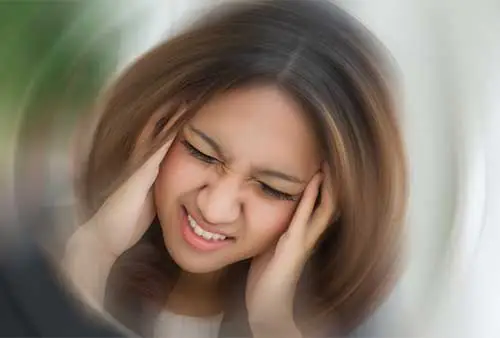
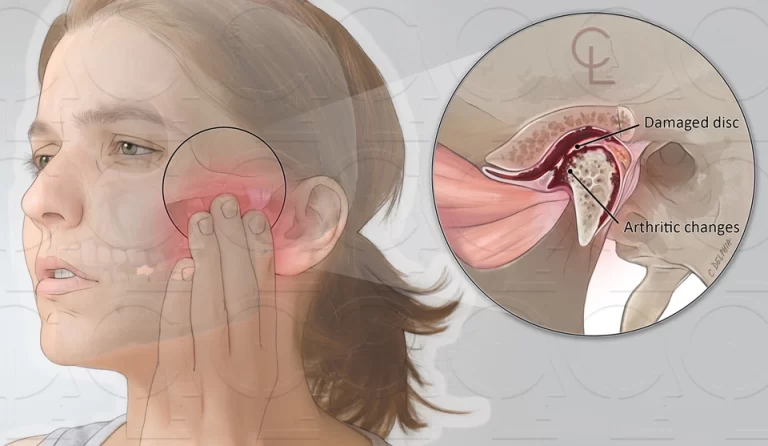
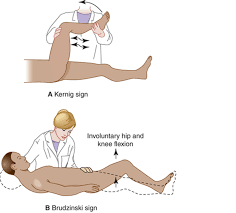
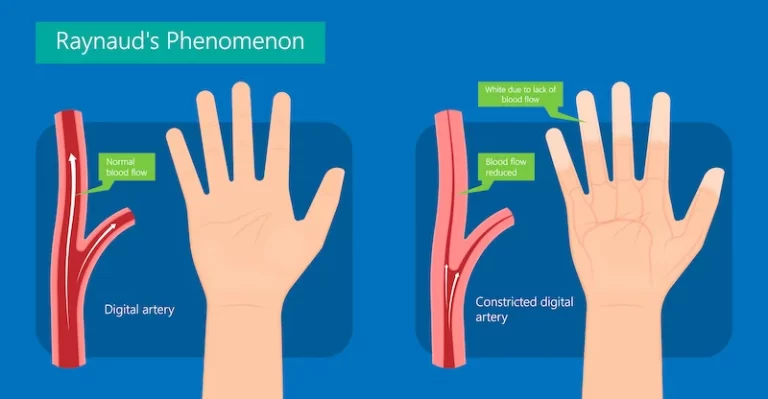

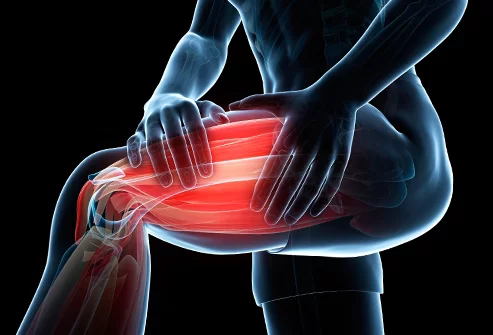
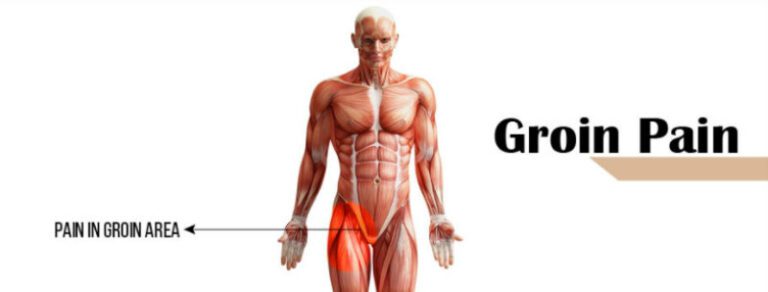
30 Comments